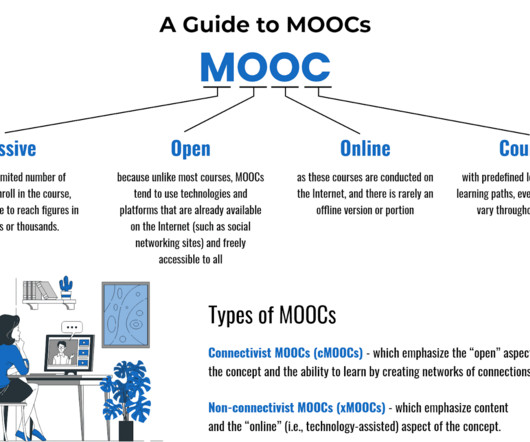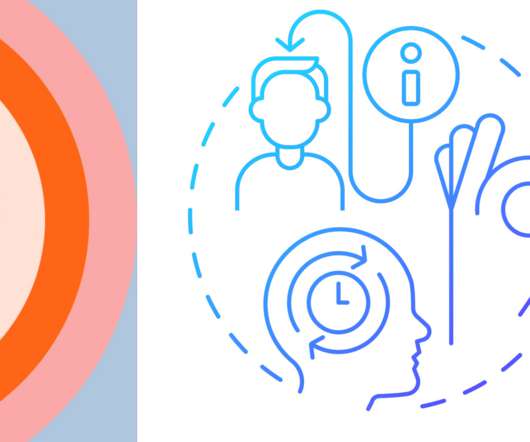Abstracts of Three Meta-Analysis Studies of Serious Games
Kapp Notes
SEPTEMBER 11, 2014
A meta-analysis is a study of studies. It is a way of aggregating research data to make informed conclusions rather than relying on the data of one study. Like any good instructional method, they have to be used intelligently and in conjunction with other instructional elements to be effective for learning. Stizmann, T.











































Let's personalize your content